Egypt has produced many women writers over the last century, many of whose names will be wholly unfamiliar.
In a patriarchal society, women are oppressed. Usually, ‘oppression’ is a term that refers to physical or emotional abuse, sexual harassment, rape, or domestic violence, along with other, more structural, issues, such as lack of access to x, fewer opportunities to y. However, patriarchy also works towards erasure. Simply, it erases women and their stories, it discredits them, and often buries their work and their thoughts beneath a mountain of dominant patriarchal ones.
Therein lies the power of oral histories, because many of the writers on the coming list are gone, but their stories live on.
Enayat Al-Zayyat (1936 – 1963)

Born in 1936 to a wealthy family, Enayat Al-Zayyat was the middle child to sisters Aida and Azeema. She attended school with her childhood best friend actress Nadia Lotfy, both of whom received their education in German. However, she did not continue her education, and instead was married in 1956, at the young age of 20.
Al-Zayyat married Kamal Ibn Shaheen, and while they had a son, their marriage quickly fell apart, leaving Al-Zayyat a divorcee in the late 1950s. Deep into depression, Al-Zayyat wrote. She wrote short stories, diary entries, and eventually a novel titled Love and Silence. When Al-Zayyat sent her novel to a publishing house, she received a firm rejection, which resulted in her death by suicide in 1963, two months before her 27th birthday.
Love and Silence was published after her suicide, which gained the novel much attention. At the time, it was hailed as a masterpiece by many literaries and critics, but was also equally met with comments claiming it was a ‘mediocre’ novel. Love and Silence is a daring novel; descriptive, emotive, and controversial, Al-Zayyat tackles topics and issues that were, and still are, relevant to all women, such as Love and Silence is about Al-Zayyat’s freedom, a freedom to love, above all else.
Radwa Ashour (1946 – 2014)
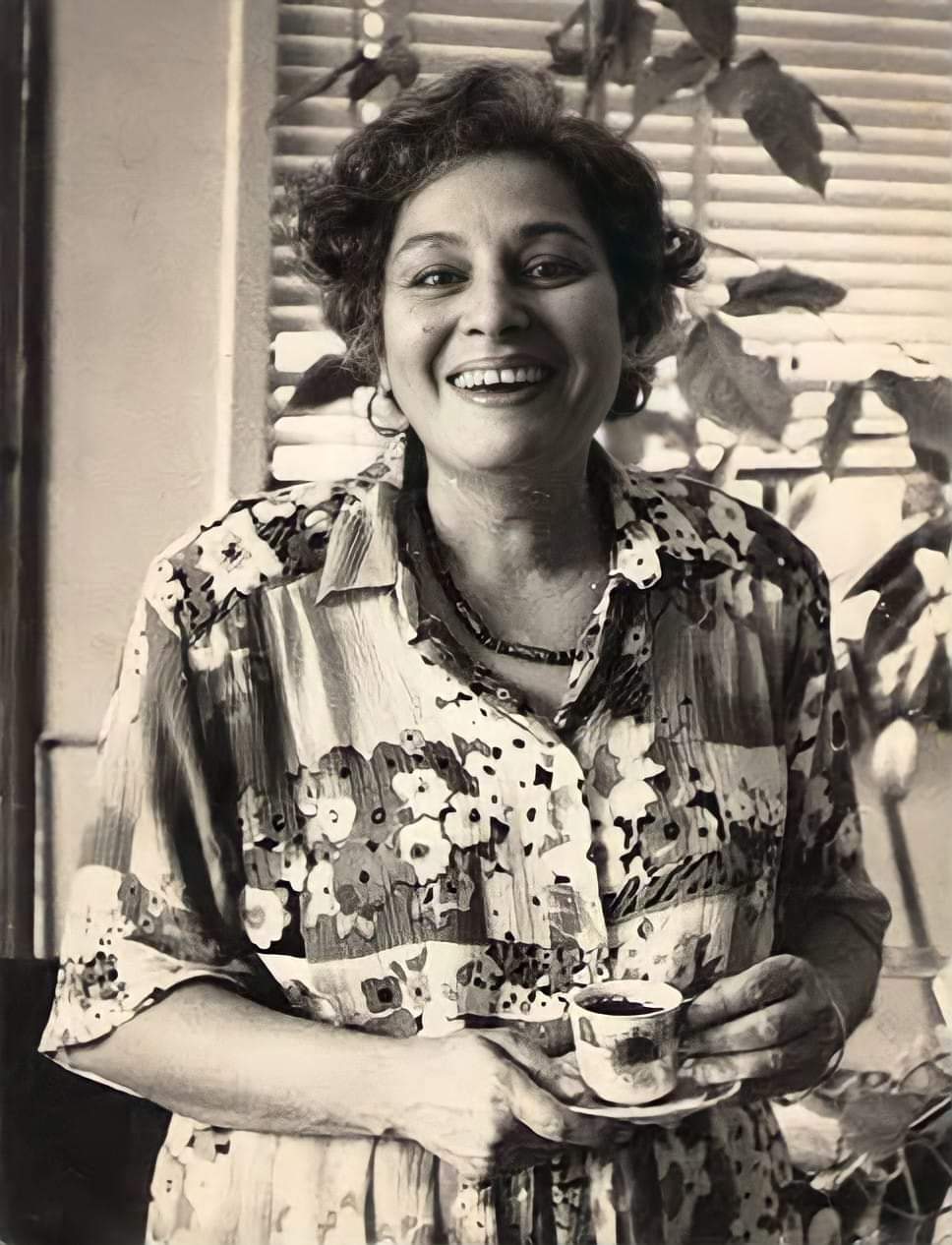
In 1946, Radwa Ashour was born to lawyer and literature enthusiast Mustafa Ashour, and poet and artist Mai Azzam, in a house in El-Manial.
Between the end of World War II and the Nakba, Radwa’s birth into the world was surrounded by upheaval, especially as her formative years also witnessed the movement of the Free Officers, which worked to overthrow British rule in Egypt in 1952. Thus, it is fair to say that Radwa, deeply affected by the political economy at the time, developed a keen interest in history, politics, and literature, which led her to the English Literature department at Cairo University.
Radwa Ashour is a staple name for anyone in the region who has an interest – no matter how passing – in Arabic literature, politics, or history. Novelist, academic, critic, university professor, revolutionary, wife to Palestinian poet Mourid Al-Barghouti, and mother to the famous poet Tamim Al-Barghouti; Radwa Ashour is seen by many as an icon.
Some of her most famous works include; Al Tantouriah, Athqal Min Radwa, Thulathiyat Ghernata (The Granada Trilogy), Al-Sarkha, Hagar Dafe’, and Farag.
All of Radwa Ashour’s novels have female protagonists, all of whom are radicalized in some way or the other. Her characters are glaringly real, they are activists and artists and poets, ones who experience prison, exile, revolution, illness, and other startlingly real things relevant to Radwa’s personal life experience, which is ripe with strife.
Latifa Al-Zayyat (1923 – 1996)

Latifa Al-Zayyat was a university professor, revolutionary, activist, academic, political prisoner, and writer. Born in Dumyat in August of 1923, Al-Zayat enrolled in Cairo University in the early 1940s and graduated with a bachelor’s degree in English Literature. During her university years, particularly 1945, she became a founding member of Rabitat Fatayat al Jami’at wa Al Ma’ahid (The League of University and Institutes’ Young Women) along with painter and activist Inji Efflatoun.
She also received her PhD from Cairo University in 1957, but started teaching English at the Girls College of Ain Shams University in 1952, later becoming the chair of the department. She also served as the director of the Egyptian Arts Academy.
Al-Zayat shaped generations of young feminist women at both the Cairo University and Ain Shams campuses. As Marxist feminists, Al-Zayat and Efflatoun were a part of the leading Marxist-feminist movement of the 1940s and 1950s , establishing a strong presence for women in Leftist Egyptian circles and preserving that space for the coming generation of young women revolutionaries.
Her most notable works include ‘The Open Door’ and ‘The Owner of the House’, both of which have been translated to numerous languages and have won her awards. They both also have a female protagonist who is concerned with fighting the patriarchy, colonialism, and middle class family values.
Arwa Salih (1951 – 1997)
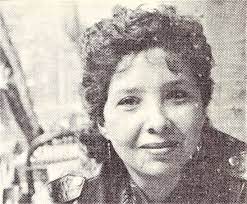
Arwa Salih is a communist, feminist, activist, veteran leader of the Egyptian Student Movement of the 1970s, journalist, political prisoner, and author of the deeply controversial Al-Mubtasarun (The Stillborn, 1996).
Born in 1951, Arwa Salih studied English Literature at Cairo University. She worked as a school teacher when she first graduated, but did not feel fulfilled in that position. She started working as a translator for both the state-owned Middle East News Agency (MENA) and economic newspaper Al-’Alam Al-Yawm, which was funded by Saudi Arabia.
However, Salih also translated various Marxist texts and published them in secretly circulating pamphlets and newsletters belonging to The Egyptian Communist Workers Party. Later, Salih became a member of the central committee for the party, which originally grew from the womb of the 1972 student movement and was deeply involved in the ignition of the Bread Intifada of 1977.
She published various socio-political essays under pseudonyms in similar underground newspapers and magazines belonging to other communist organizations, working in secret during Sadat’s rule in fear of prosecution and imprisonment.
Arwa Salih led sit-in strikes alongside Siham Sabri in Cairo University, and with the help of many others, wrote essays for jara’ed al-ha’et (wall posters), composed revolutionary slogans, read and recited poetry, and even performed plays. Arwa was arrested when police forces stormed the Cairo University campus on the 29 December of 1972, her time in prison along with her extreme engagement and involvement in these movements and protests were the foundation of her essay collection, Al-Mubtasarun.
Al-Mubtasarun is a controversial work because it is a study of what Salih calls ‘the melancholic generation’; her generation of radical revolutionaries, activists, artists, and leaders. Moreover, Salih exposes the sexual exploitation of women in communist parties and organizations at the hands of their male counterparts, who belonged to their same intellectual circles, organizations, and movements. It is a deeply painful read, as Arwa herself was experiencing unimaginable turmoil while writing it.
Arwa Salih committed suicide in 1997 and her second essay collection, titled Saratan Al-Rawh (Cancer of the Soul), was published posthumously.
Ahdaf Soueif (1950 – )

Ahdaf Soueif is a novelist, veteran revolutionary of the Egyptian Student Movement of the 1970s, political and cultural commentator, and university professor. She is also sister to renowned political activist and mathematics professor Laila Soueif, and aunt to prominent activists Alaa Abdel-Fattah, Mona Seif, and Sanaa Seif.
Born in 1950, Ahdaf Soueif was classmate and friend to Arwa Salih, and they both studied in the English Literature department in Cairo University.
Soueif’s first published work is a collection of short stories titled Aisha, which came out in 1983. Her first novel, In the Eye of the Sun, came out a decade later, in 1993. Set between Egypt and the UK, the coming of age story follows Asya, a young Egyptian woman enamored with art. In this novel, Soueif pays tribute to her comrade and friend, Arwa Salih. It was followed six years later by The Map of Love, in 1999, which sold over a million copies and was translated into more than 20 languages.
Her most famous work that she has translated is Mourid Barghouti’s novel, I Saw Ramallah, which has a foreword by famous thinker, academic, and writer Edward Said.
Ahdaf Soueif is not only concerned with Egyptian history and politics, but also Palestinian history and politics as evidenced by her initiation of the first Palestinian Festival of Literature in 2008, of which she is the Founding Chair.
A cultural and political contributor to the Guardian newspaper, Ahdaf Soueif played a large role in reporting on the Egyptian revolution in 2011. A year later, in January of 2012, she published her personal account of the revolution within the year, titled Cairo: My City, Our Revolution.
In the same year, Soueif became a Trustee of the British Museum, and maintained her position until her resignation in 2019, lasting a total of seven years.
Soueif continues to be active on social media, advocating for the release of her imprisoned nephew Alaa Abdel-Fattah.
The work of Egyptian women literaries is brilliant, not only due to its profundity or obvious skill, but primarily because their work documents the struggles of women and advocates for them. At a time where students are only told about Naguib Mahfouz and Ihsan Abdel-Koddous, reading the works of these women proves the existence of another discourse at the time, one that is unprecedented in its progressiveness in the MENA region.
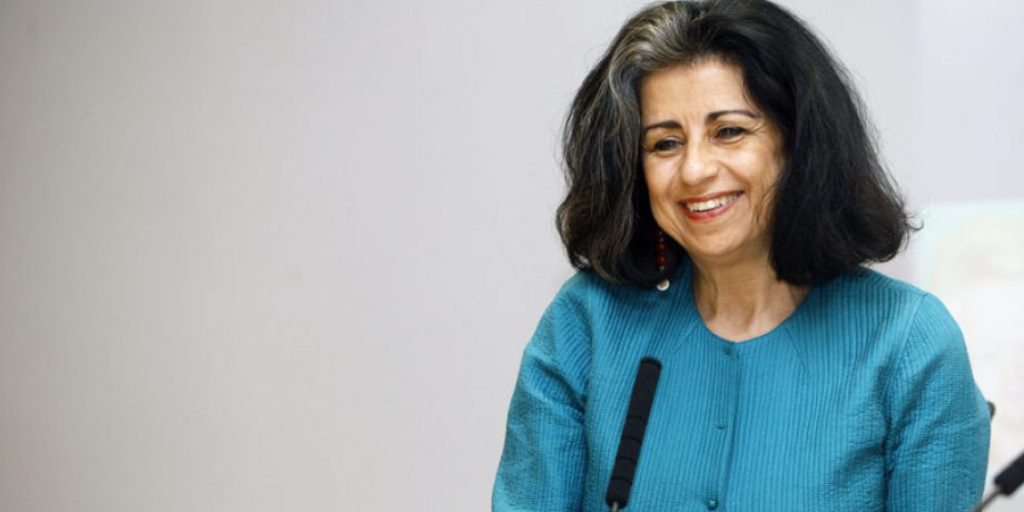



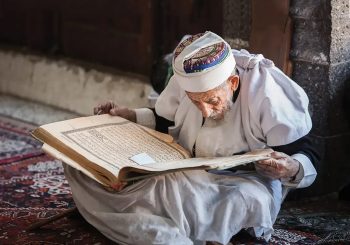

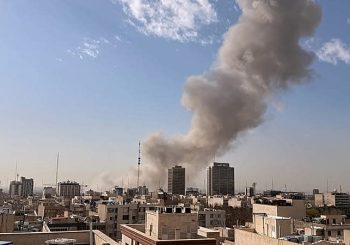
Comments (2)
[…] 5 كاتبات مصريات ثوريات للتعرف عليهن […]
[…] 5 كاتبات مصريات ثوريات للتعرف عليهن […]